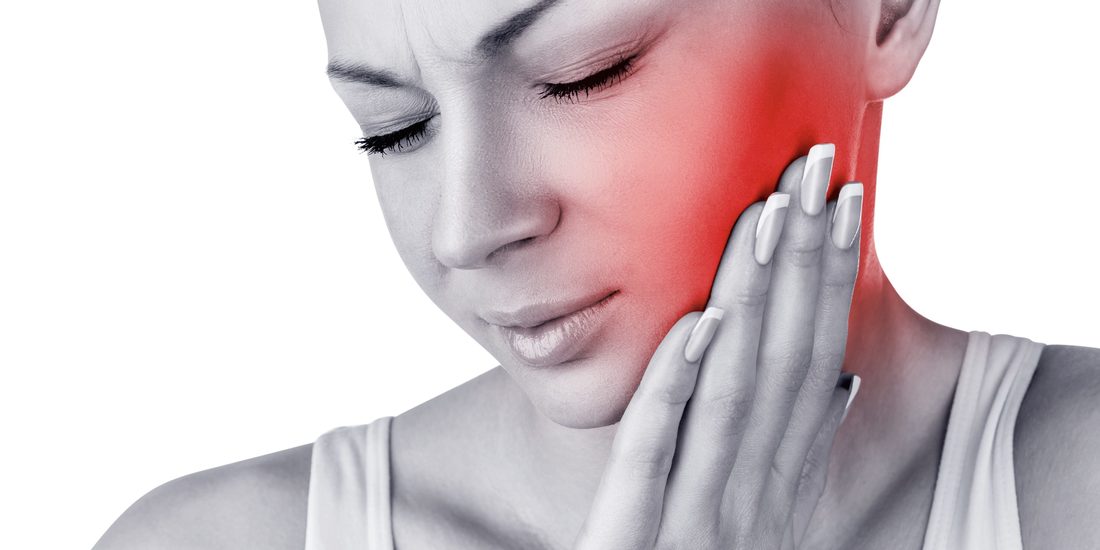|
The temperomandibular joint connects your jaw to your skull. TMJ refers to the joint itself, as well as colloquially to conditions involving the joint. The medical term used to describe these conditions is temperomandibular joint disorder, or TMD. Symptoms of TMD include jaw pain, limited movement, and clicking, popping, or grating sounds when opening the mouth. There is frequently also referred pain to the face, neck, shoulders or ear, and potentially headaches, dizziness, or hearing problems. Acupuncture treatment has been proven effective for relieving all of these symptoms in numerous high quality empirical studies over the past few decades. Acupuncture is proven effectiveIn 2010, a meta-analysis of research was conducted by scientists in Spain on the topic of acupuncture for the treatment of TMD. Researchers used rigorous selection techniques to find high-quality empirical studies to include in their analysis. Four studies were selected for review. All yielded positive results in the use of acupuncture to treat TMD, including significant pain reduction, improvement in masticatory funtion, and increased maximum interincisal opening. Another meta-analysis of research was conducted in China in 2017. Nine eligible studies were selected for review. All of these studies found that acupuncture provides a statistically significant level of relief from the symptoms of TMD. Researchers concluded that acupuncture is effective in reducing the degree of pain in patients with TMD. Another review of literature completed in Brasil in 2016 compared the effectiveness of acupuncture for TMD with conventional Western therapies. This review included 34 articles published between 1983 and 2015. Researchers concluded that acupuncture is as effective as Western therapies for controlling face pain. They further discussed how acupuncture is both cost effective and has the beneficial side effect of increasing quality of life for patients who choose it. How acupuncture worksPhysiologically, acupuncture works by shifting the release of biochemicals in the nervous system. Effects of this include a decrease in inflammation both generally and locally, as well as increased circulation in the area being treated. Acupuncture has also been shown to influence the release of naturally occurring pain relievers within the body, such as endogenous opioids and endorphins. All of this results in a decrease in pain and an increase in well being. For TMD specifically, research suggests that acupuncture's effectiveness comes from suppression of the nociceptive trigeminal nucleus caudalis and spinal dorsal horn neurons via modulation of the release of neuropeptides and neurotransmitters. For links to specific research studies regarding this mechanism, see our Resources and Related Links section at the bottom of this page. TMD in Five Element TheoryIn Chinese Medicine, TMD is considered to be due to an imbalance in particular functional systems in the body. These functional systems are grouped into what has been translated as "elements". The elements most commonly involved in TMD are the Wood and Earth elements. The Wood element is related to stress as well as frustration. The Earth element corresponds to the digestive system, as well as to the digestion of thoughts. Not everyone with TMD has the same diagnosis in Chinese Medicine. Symptom patterns tend to present slightly differently from patient to patient, and Chinese Medicine practitioners are trained in performing a differential diagnosis to get to the root of the imbalances underlying each person's symptoms. It is this differential diagnosis that is the reason that acupuncture is so effective for conditions that may prove difficult to treat with other modalities, as well as the reason that acupuncture has been found to improve quality of life for the patients who choose it. Chinese Medicine sees each person as a whole, and takes into account all symptoms and life experiences when looking for the root of an issue. To learn more about the Five Element Theory of Chinese Medicine, take a look at our section on the Five Elements. Please note that only a licensed and board certified practitioner can make a diagnosis. Learn MoreTo learn more about acupuncture, take a look at About Acupuncture or How Acupuncture Works. To learn more about the differences between Eastern and Western medicine, you can read About Eastern Medicine. To learn more about the Wisdom Traditions Acupuncture clinic, read About Us or Our Philosophy. If you have any additional questions, you can browse our FAQ or Contact Us. We're happy to answer any questions you may have. You can also Schedule an Appointment online. Resources & Related Links
3 Comments
12/17/2023 10:32:06 am
Post is very useful.Thank you this usefull information.
Reply
12/17/2023 10:49:36 am
It is this differential diagnosis that is the reason that acupuncture is so effective for conditions that may prove difficult to treat with other modalities, Thank you for sharing your great post!
Reply
Leave a Reply. |
AuthorMarni Adhikari, M.Ac, L.Ac, Dipl.Ac, is the founder and acupuncturist at Wisdom Traditions Acupuncture of Essex Junction, VT Learn MoreQuestions? |


 RSS Feed
RSS Feed
